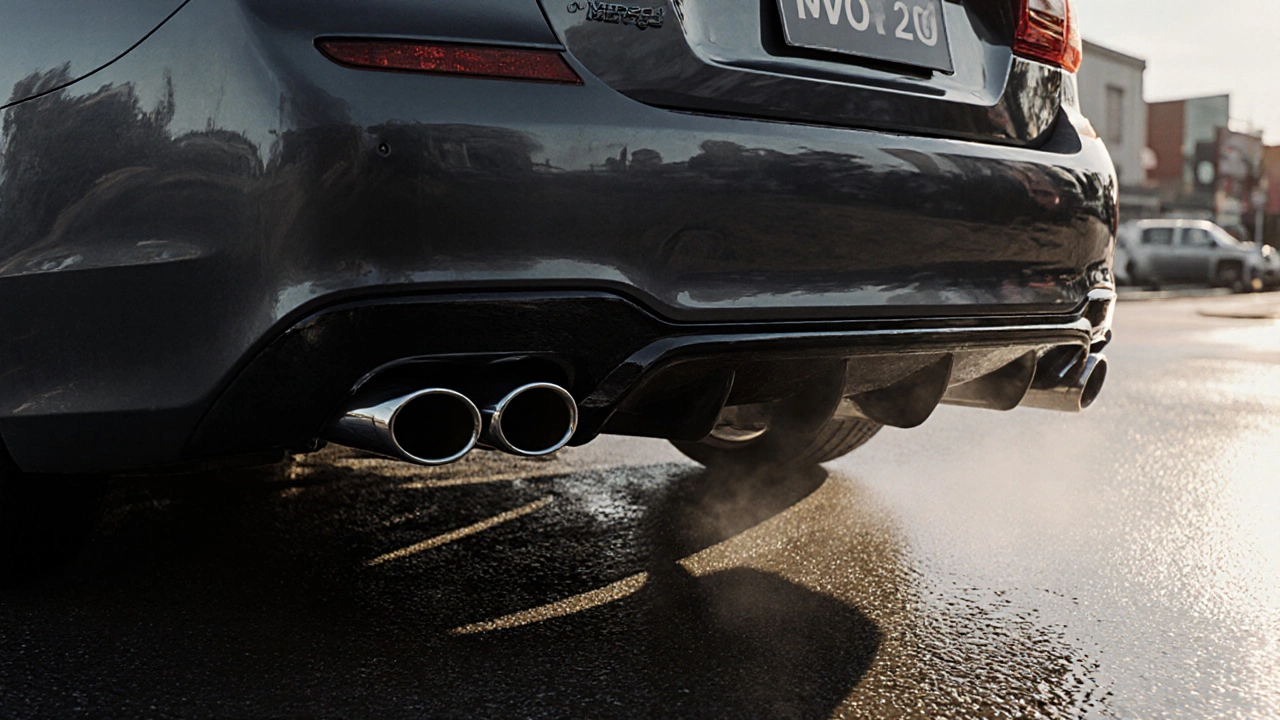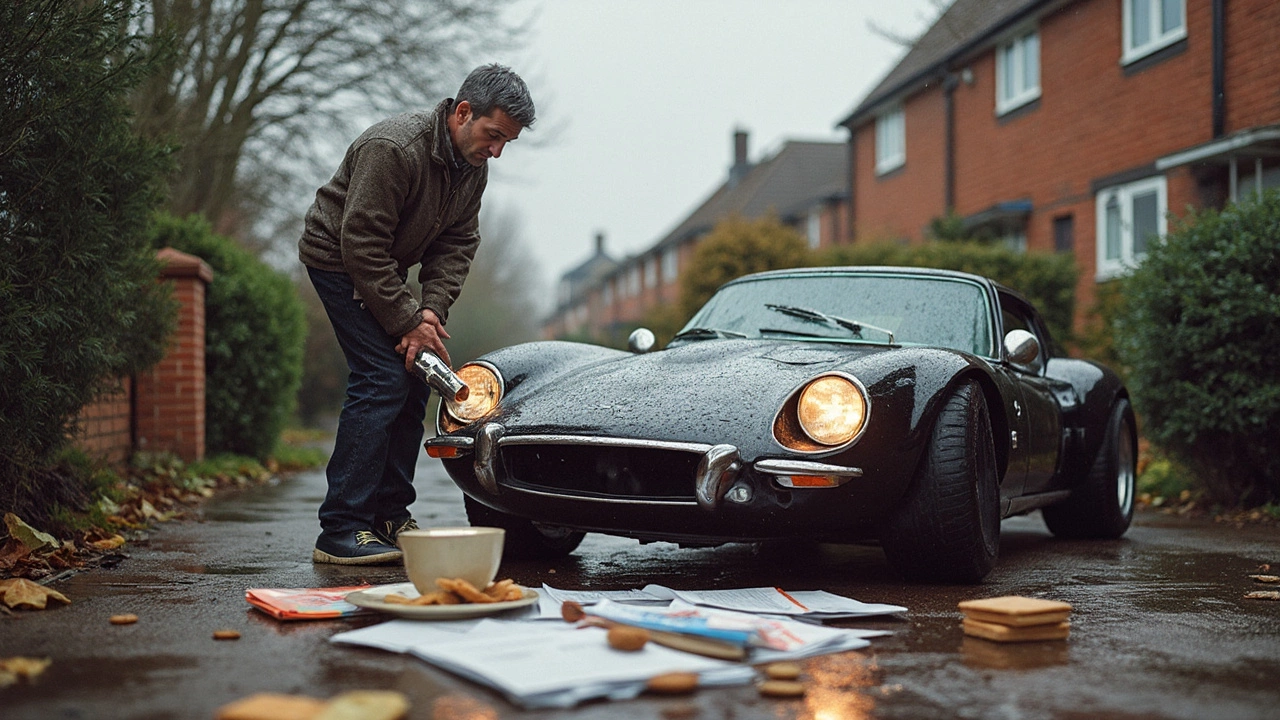Exhaust Legality in the UK: What You Need to Know
If you love tuning your car’s sound, you’ve probably wondered where the line is between a cool growl and a ticket. The truth is simple: the UK has clear rules about exhaust noise, and breaking them can cost you money and hassle. This guide breaks down the basics so you can enjoy a better sound without risking a fine.
What the law says about exhaust noise
Under the Road Vehicles (Construction and Use) Regulations, any vehicle that produces more noise than the legal limit is illegal on public roads. The limit is measured in decibels (dB) at a set distance from the exhaust, and the exact figure varies by vehicle type and year. Most modern cars must stay below 74 dB when measured at 7.5 metres.
If your exhaust is louder than allowed, the police can pull you over, issue a fixed‑penalty notice, or even order a repair. Fines usually range from £80 to £300, plus possible points on your licence. The worst case is a failed MOT test, which can force you off the road until you fix the issue.
Key things the police look for include obvious modifications like straight‑through pipes, missing mufflers, or aftermarket resonators that aren’t approved. They also listen for “pops and bangs” that exceed the legal noise envelope.
Staying legal when you upgrade
First, check if the part has a type‑approval certificate (the ‘E-mark’). Approved parts have been tested to meet noise standards, so they’re safe to fit on public roads. If a product isn’t approved, you can still use it, but only on a private track or off‑road.
Second, get the exhaust tested after installation. Many garages offer a simple sound test that shows whether you’re within the legal dB range. It’s a quick way to avoid surprises later.
Third, keep documentation. If you’re ever stopped, having the receipt and approval certificate handy can convince an officer that you did your homework.
Finally, think about your driving style. Even a legal exhaust can sound louder if you rev the engine high or use an aggressive shift pattern. Simple tweaks like easing off the throttle before a gear change can keep the noise in check.
In Nottingham, the local council follows the same national limits, but they also run spot checks at events like car meets. Being prepared with proof of compliance saves you from an unexpected ticket.
Bottom line: you can have a great‑sounding exhaust, but you need to respect the dB limits, use approved parts, and get a post‑fit test. Follow these steps and you’ll avoid fines while still turning heads on the road.
Can you legally install a custom exhaust on your car in Australia? Learn what’s allowed, what’s not, how it affects performance and sound, and how to avoid fines or insurance problems.
Curious about the rules for aftermarket exhausts in the US? This article tells you what’s actually legal, what could get you fined, and why the law can be so confusing depending on where you live. There’s a lot of misinformation out there, so you’ll find clear answers about noise limits, emissions rules, and real tips for avoiding trouble. Get the facts you need before swapping out your exhaust. You’ll even learn how states like California make things extra complicated for car fans.


